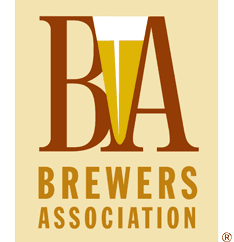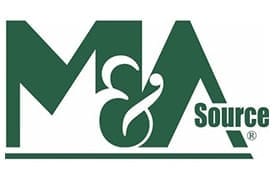Valuing a distilling business is part science and part art. And like the art business, the value of a distillery and its product is subjective. Although it’s not quite true that Vincent Van Gogh didn’t sell any paintings during his lifetime, most of those sold were bought by relatives or bartered for food or art supplies. Distilling whiskey is as much an art form as a business, meaning intangibles play a big part in how buyers or investors view a company.
Distillers must invest heavily at the beginning of the venture. Locating the right real estate, buying expensive distilling equipment, finding the right blenders, distillers, and other professionals, and choosing the mash bill, the right barrel char, and the right blending formula, usually through trial and error, can be a long and complex process. It’s a business that is time and capital-intensive, and a distiller might have to wait years before a barrel is ready to be bottled.
That’s why many business brokers aren’t willing to work with distillers. Their brokerage formula is based on revenue, profitability, and Seller’s Discretionary Earnings, or the amount an owner claims as income from the company’s profits. Much of that formula is non-existent in a young distilling business.
That’s why it pays to hire a broker who specializes in the distilling industry. We understand the intangibles and how a buyer might value them. The recipe, the talent connected to the business, how far along the aging process is, and the current market will all be important factors in what a buyer is willing to offer.
We don’t approach a sale in the traditional way. Our first questions are about what problem the distiller is trying to solve by putting the company on the market. It’s almost always one of two issues: needing capital to grow or survive until the product is ready or needing a distribution partner or network.
Knowing what the problem is makes it easier for us to find the right prospects for investment or a sale. Our exclusive database contains buyers who also understand the industry and understand the value of a distiller’s assets, even if they have not yet sold a single bottle.
Story matters in the sale of a distillery, just as it matters in the demand for the product. My job as a broker is to talk about the team’s talent and passion, the product’s taste profile and potential, and the market for their product.
I can estimate what the market might offer for a distilling company, but the listing almost never mentions a sale price. The only way to know what the company is worth is to get a couple of buyers who are willing to make an offer. Acceptance might be based on the combination of capital and strategic advantage the buyer offers (such as established distribution channels.)
It takes patience, experience, and the right connections to put a deal together in this industry. It’s much like distilling a top-shelf whiskey.
If you are curious about your company’s value, click here for a complimentary and confidential opinion.
He has been an entrepreneur and business owner for more than thirty years. As a business broker, he is uniquely positioned to draw on this experience and help others retire or pursue other interests. He takes great pride in his concierge approach, which ensures a smooth transaction and lucrative exit.






